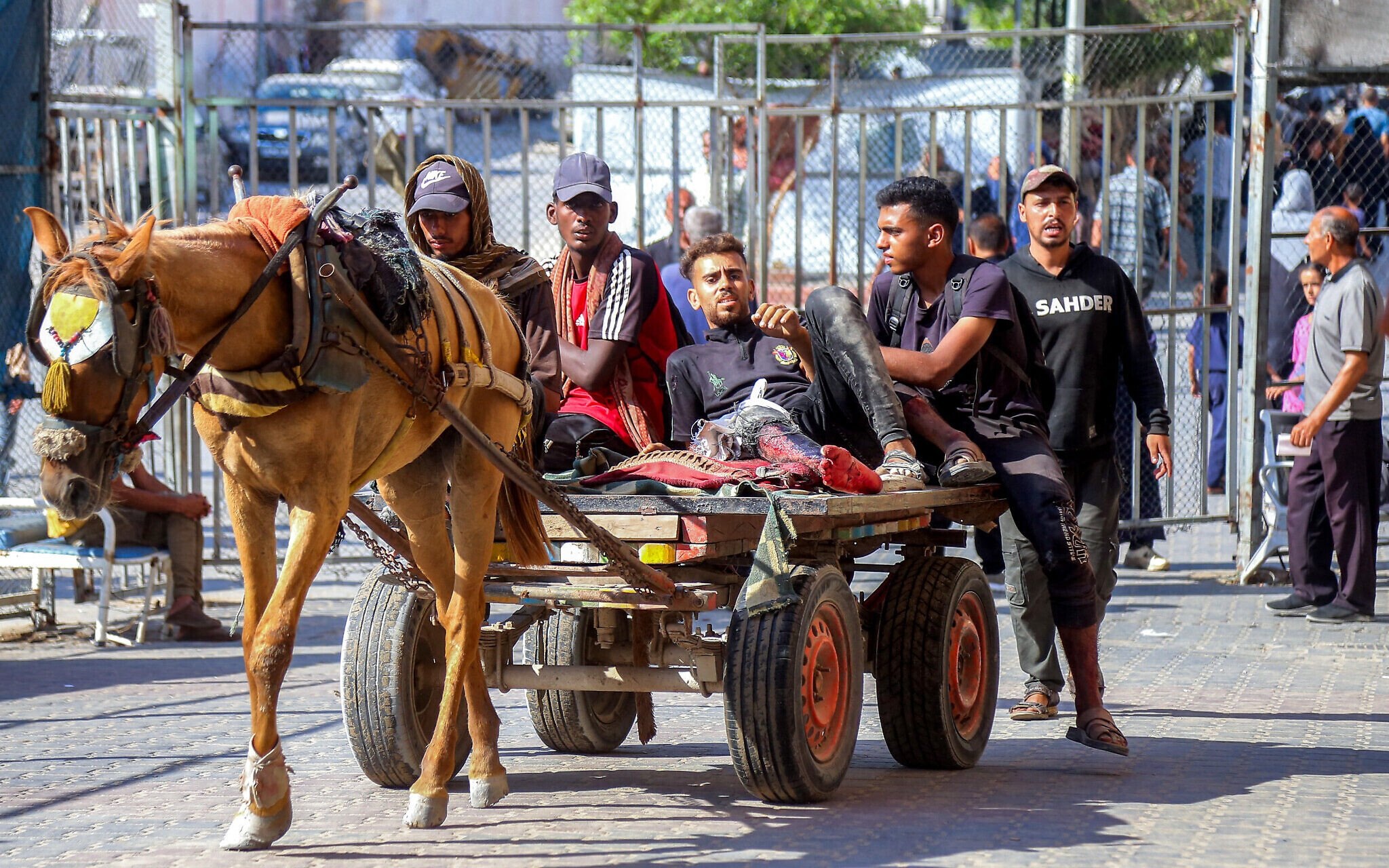Overnight on Saturday, Israel delivered crucial medical aid to Sweida, a Druze-majority city in southern Syria, amid a deadly outbreak of violence that has resulted in over 1,100 fatalities.
Online media sources disclose that the assistance, coordinated in partnership with the United States and with clearance from the Syrian government, comprised medical equipment and pharmaceutical supplies.
These were reportedly intended for a hospital severely damaged during recent sectarian clashes.
This humanitarian effort underscores Israel’s commitment to supporting the Druze community both within its borders and beyond.
It supposedly reflects a declared “covenant of life” that Health Minister Uriel Buso emphasized in announcing the initiative.
The impetus for the aid delivery stems from intense conflict that erupted last week between local Druze communities and Bedouin tribes in the Sweida province.
This has led to widespread casualties and infrastructural damage.
The fighting reportedly included skirmishes involving Syrian government security forces and has resulted in significant disruption to medical services.
Dr. Omar Obeid, head of the Sweida division of Syria’s Order of Physicians, painted a grim picture of the humanitarian crisis:
morgues have reached capacity, and bodies are reported to be left in the streets, highlighting the urgent need for external aid to alleviate the overwhelmed local health system.
The Israeli Health Ministry had been preparing to send the aid since at least Friday.
Security forces and the Israel Defense Forces (IDF) were ready to facilitate the transportation upon receiving all requisite authorizations from relevant authorities.
The operation was coordinated with the US, which liaised with the Syrian government, demonstrating a rare moment of cooperation amidst broader regional tensions.
Although details on the precise delivery mechanisms remain limited, the Kan public broadcaster reported that the aid successfully arrived overnight, reflecting swift action following the ministry’s announcement on Saturday evening.
This aid mission follows several days of intense violence, which has severely battered the medical infrastructure in Sweida.
Local hospitals, including the heavily damaged main hospital—faced critical shortages of medicine, equipment, and space.
In response, Israeli officials, including Health Ministry Director-General Moshe Bar Sim Tov, engaged with Druze community leaders and medical professionals in northern Israel to coordinate the aid effort.
Dr. Zarka, director of Ziv Medical Center in Safed and a member of the Druze community, stressed the lifesaving importance of providing this assistance to those injured during the clashes.
The Druze community’s plight has prompted significant domestic unrest within Israel, where Druze citizens staged protests calling on the government and international actors to intervene.
Tensions escalated as some Druze individuals attempted unauthorized border crossings into Syria to offer solidarity.
However, the IDF has discouraged such actions.
It urged community leaders to channel efforts through official aid routes and peaceful means, emphasizing that unauthorized crossings endanger everyone involved and distract from constructive support measures.
In the wake of the violence, the Syrian presidency announced a ceasefire effective Saturday, a development backed by regional players including Turkey and Jordan.
This ceasefire came shortly after Israeli airstrikes targeted forces near Damascus, further complicating the conflict’s dynamics.
Nonetheless, reports by sources such as Reuters suggest the truce is holding, offering hope for stabilizing the region and enabling humanitarian access.
The violence in Sweida marks one of the deadliest outbreaks in southern Syria in recent years, exacerbating ongoing instability caused by years of civil war and the complex interplay of ethnic and sectarian groups.
The Druze community, a religious minority with deep historical ties both inside Israel and Syria, has found itself caught between tribal hostilities and broader geopolitical struggles.
Israel’s decision to send aid, framed by officials as an extension of familial ties and humanitarian obligation, highlights both the regional interconnections and the burdens borne by vulnerable groups during outbreaks of violent conflict.
In summary, Israel’s delivery of medical aid to Sweida represents a critical lifeline following devastating sectarian violence that has claimed over 1,100 lives and overwhelmed local medical facilities.
Coordinated with the United States and approved by Syrian authorities, this emergency transfer seeks to support injured civilians and stabilize essential health services in a war-ravaged province.
The ceasefire holds tentative promise.
On the other hand, the situation remains precarious.
It underscores the urgent need for continued humanitarian efforts and diplomatic engagement to prevent further loss of life and suffering in the region.







